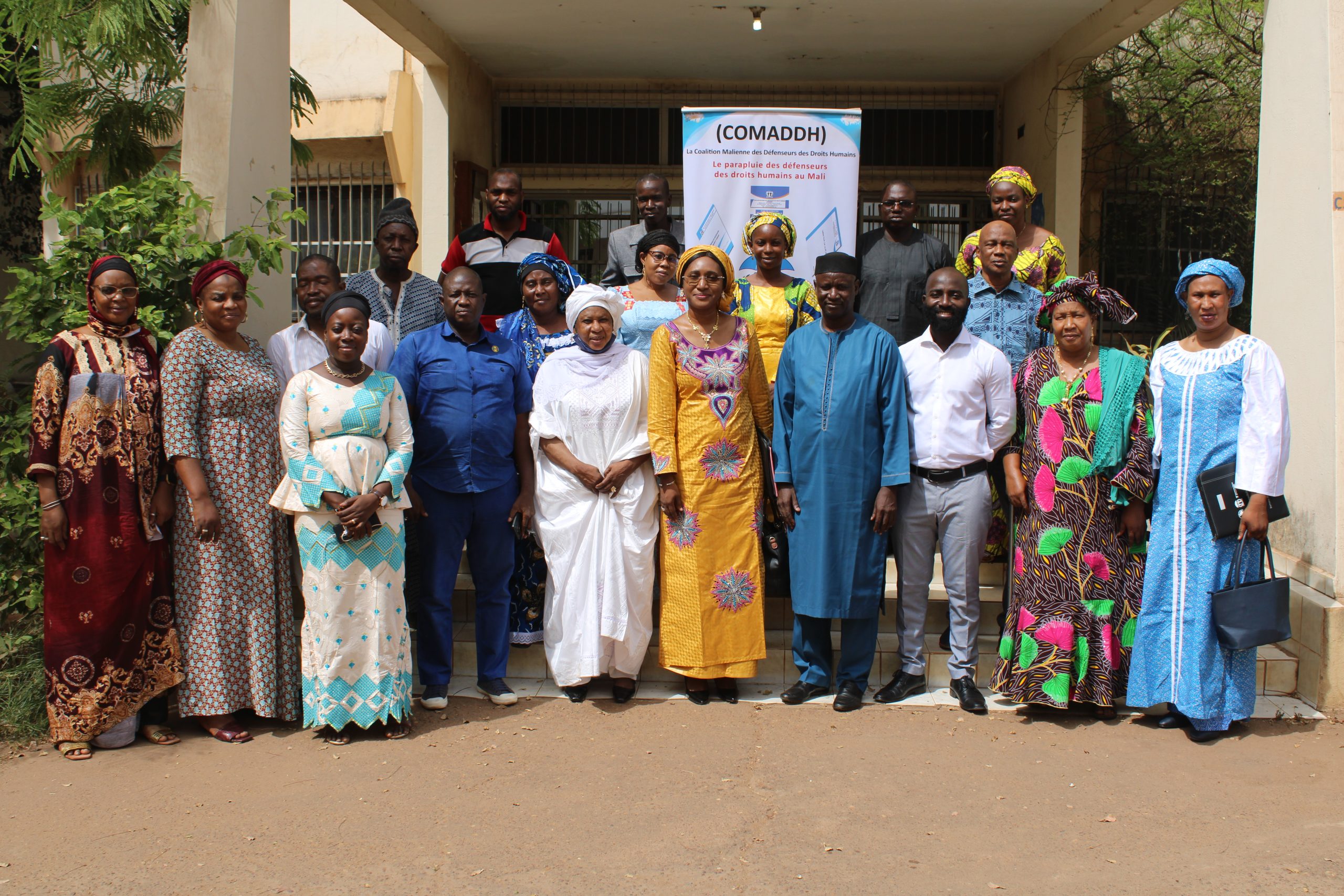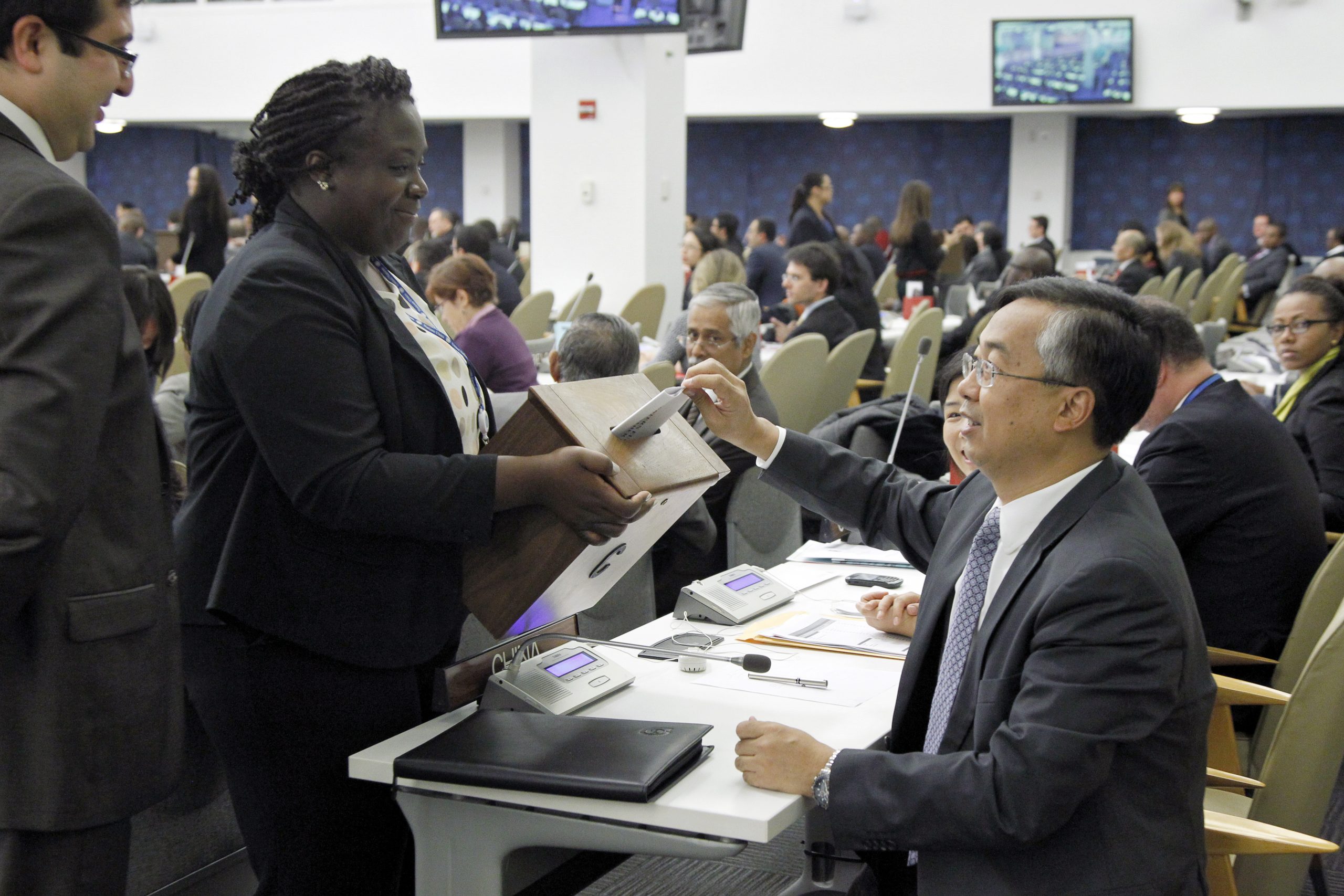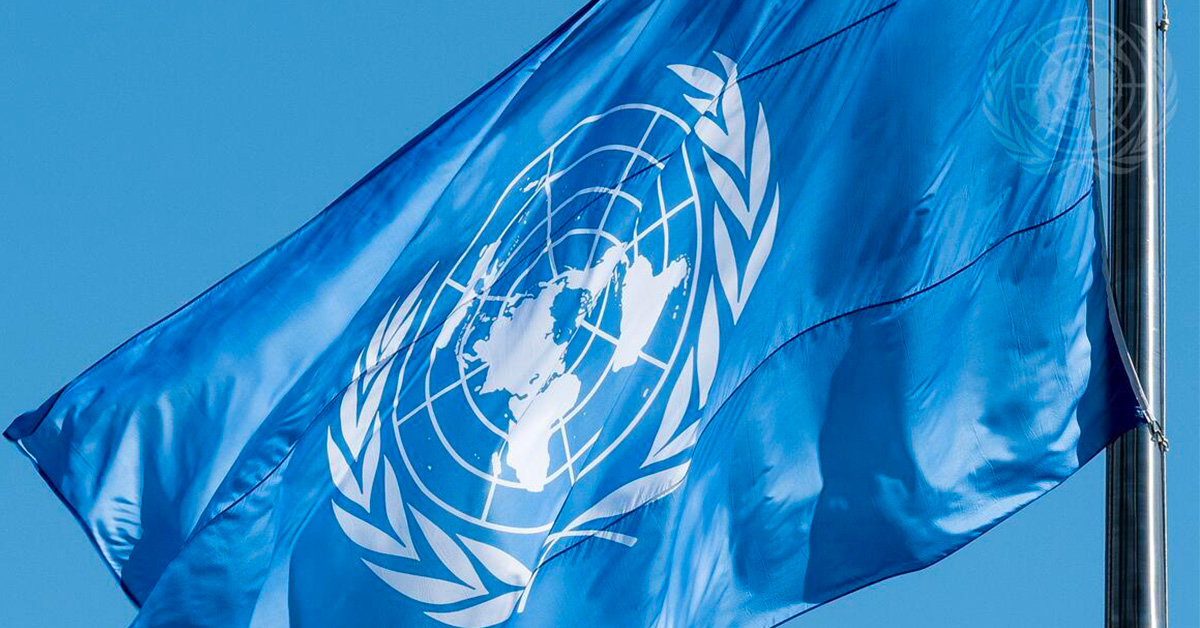ISHR joined by CIVICUS and Human Rights House Foundation delivered a statement at the 42nd session of the UN Human Rights Council urging States to consider candidate States’ cooperation with the UN, in particular with regards to guaranteeing access to civil society, ahead of the voting to take place this October at the UN General Assembly in New York.
ISHR prepares score-cards which offer a quick ‘at-a-glance’ objective comparison of the candidates, focusing on their cooperation with the Council, leadership roles regarding country situations of concern, their support for civil society, their engagement with UN treaty bodies and Special Procedures, whether they have spoken out in concern about specific cases of reprisals, and whether they have established a national human rights institution.
ISHR and Amnesty International also held two pledging events in New York and Geneva to increase transparency in the elections.
Read the full statement below:
States who commit reprisals should be on the Council’s agenda, and not on its ballot.
If the Council is to fulfil its promise and mandate which includes addressing gross and systematic human rights violations, it must be composed of Member States that uphold the highest standards in the promotion and protection of human rights, and fully cooperate with the Council and its mechanisms- as required by General Assembly resolution 60/251.
Council members must show a genuine commitment to promoting universal human rights and defending those who advocate for them.
Acts of intimidation and reprisals are a flagrant example of non-cooperation. They constitute an attack against the UN system itself.
There are four Council candidates in this year’s election: Iraq, Mauritania, Poland, and Venezuela, who have been cited in the Secretary General’s annual reprisals reports.
What would their membership stand for when they attack or intimidate those who knock on the UN’s doors seeking change for a better world?
We urge all UN Member States to consider this before voting in the upcoming Council elections in the General Assembly this October.
We call on all States to guarantee competitive elections and encourage States with positive human rights records and meaningful engagement with the UN to run for Council elections.
As for candidate States who are in flagrant violation of Council membership obligations, they should expect heightened scrutiny if they are elected.
For example, China and Saudi Arabia, who are running for elections in 2020, should expect sustained scrutiny by the Council, if they are elected.
Contact: Salma El Hosseiny, [email protected].
Photo: UN Photo/Paulo Filgueiras




